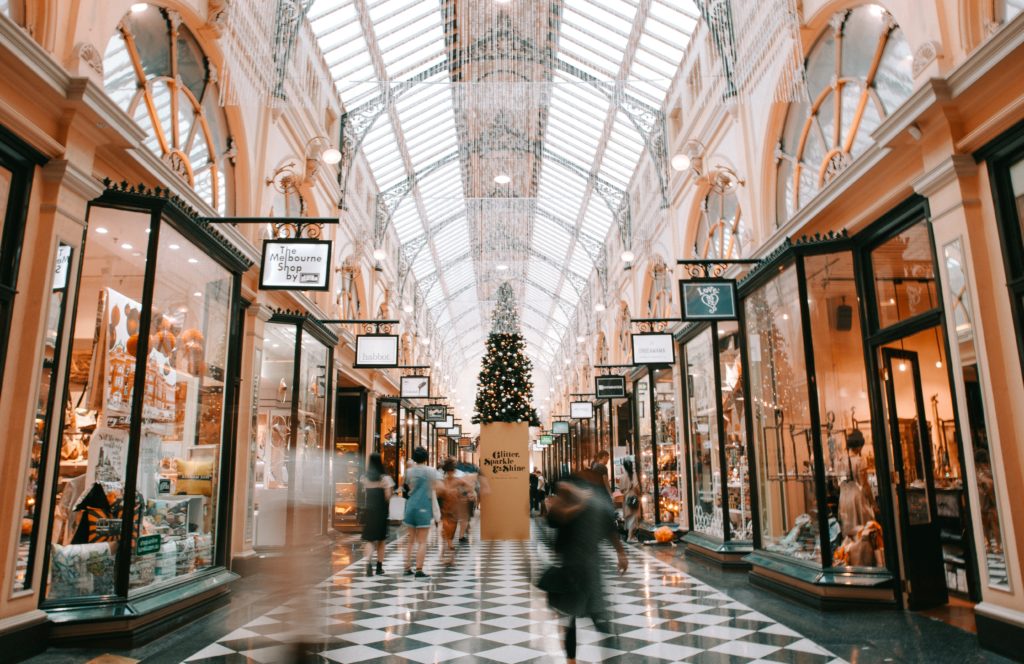By Samantha Mansfield, Head of Strategy EMEA at LiveArea, A Merkle Company
The sharing economy is a concept that has existed for a long time, despite what you may think – imagine a library where knowledge and wisdom can be shared, dating back as far as the 7th century B.C. It’s not a new notion, but it rose in popularity in the early 2000’s, especially for the retail industry thanks to companies like Airbnb, Uber, and Zipcar. Their success proves the viability of this model.
In essence, it’s all about selling the use of a product rather than its ownership. The last decade has seen the sector flourishing with start-ups in the sharing economy sector. In the UK for instance, Girl Meets Dress launched in 2009, offering consumers designer dresses to rent for a set time-period. Customers can wear the high-fashion clothing they’ve longed for without the expense and maintenance of owning the items.
This model is proving its popularity and is showing no signs of slowing down. Businesses need to understand the benefits of a new era of retail we are entering.
Our priorities change
From 2005 to 2015, the subscription economy has grown by around 300% in the UK. Customers are getting increasingly familiar and more comfortable with the appeal of receiving goods and/or services on a reoccurring schedule without the hassle of research, consideration and making a new purchase each time something is needed.
Sustainability has also become increasingly important when it comes to how we shop. A reported 90% of Gen Zs surveyed stated they have made changes in their daily lives to be more sustainable, due to growing concerns over the impact consumerism is having on the planet. Companies like Bundlee are using a ‘sharing’ model to reduce the environmental impact of constantly buying new baby clothing as your child grows. Their strong message on the sustainable benefits of using but not owning baby clothing is resonating with customers – their subscriber numbers are up 350% since the start of 2020.
Empirical based shopping
Trying out a product to assess its worth has also become an appealing concept to consumers. This is particularly important for more expensive items and/or brands that aspire to ‘lifestyle’ status, offering a ‘no strings’ experience in advance of ownership. Consider skiing – most people start out by renting the expensive equipment first, to try the experience – before they decide if they value it enough to purchase their own gear.
Due to the string of forced store closures as a result of pandemic restrictions, many high streets have retail spaces available. There has been an increase in experiential retail opportunities that focus on the community and use of products and services rather than a more traditional transactional approach. These shared spaces are also typically local in flavour which resonates with a covid affected consumer base. In a recent study by Barclaycard, more than 9 in 10 people who have shopped locally as a result of travel restrictions will continue to do so. Having a local presence to sell the experience of your product is a great way to build ongoing loyalty and reoccurring revenue.
From a retailer’s standpoint, selling product use or experience in advance of ownership allows them to better understand the place and role of their product or service in customers’ daily lives. Knowing when, how, and for how long a customer engages with their product can provide valuable product improvement ideas and personalisation opportunities. Both automated data-collection and person-to-person collection via clientelling apps for in-store experiences – think cooking classes for high-end cookware – can unlock insights into how to better tailor your product to your audience. Netflix is the leading example of how to ‘hyper’ personalise for success.
Shopping in modern times
The climate crisis has never been more in focus as it is today. Consumers are increasingly aware of the consequences of their consumption and are becoming more interested in sustainability.
For businesses, appealing to new consumer demands becomes paramount to continue thriving in the ever-changing environment – after all, their success quite literally depends on their customer base.
It is in retailers’ best interest to adapt and consider how they can sell the experience of their products or services instead of their ownership. Embracing methods like in-store experiences or subscription models could be the key to build their customer loyalty, to gain better insights into their products and ultimately put their customers on track to lifetime advocacy.








